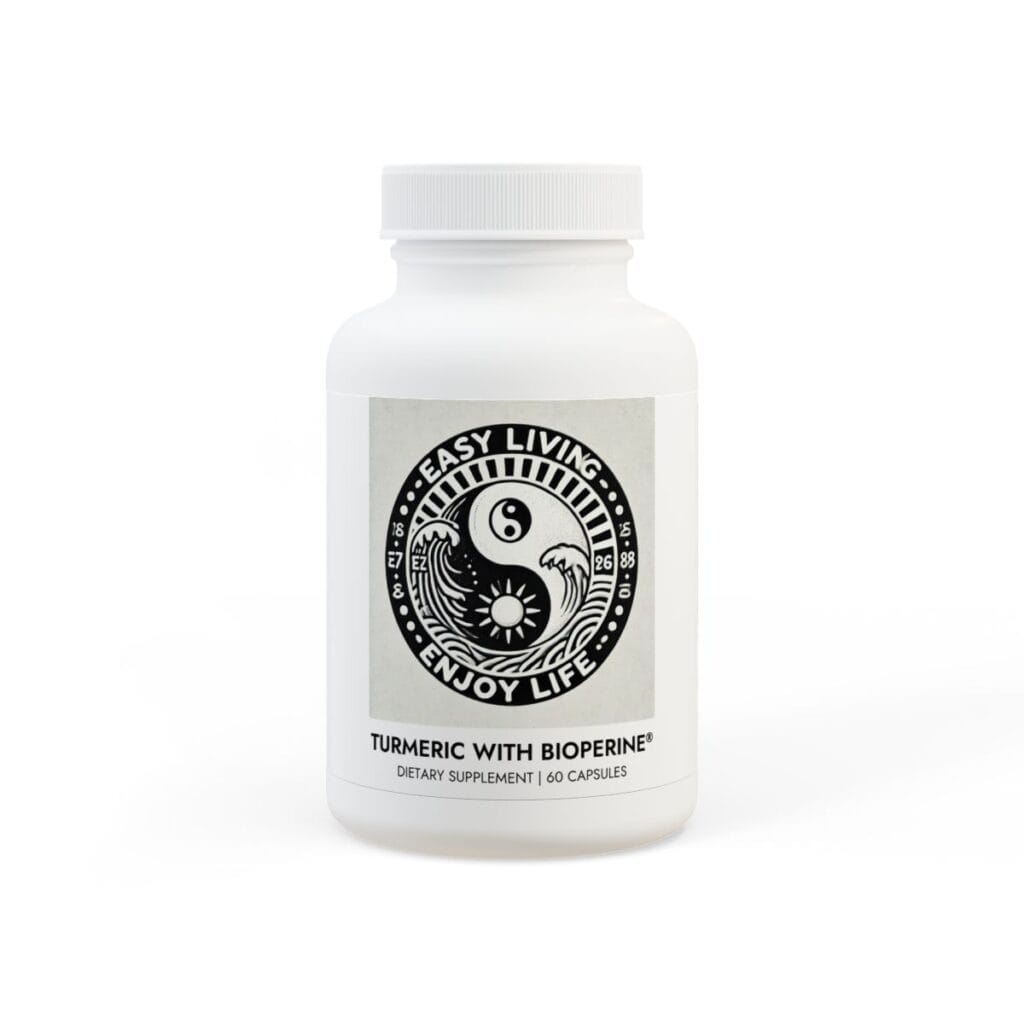
Turmeric, often referred to as the “golden spice,” is a vibrant yellow-orange root that has been a cornerstone of traditional medicine and culinary arts for centuries. Hailing from the ginger family, turmeric is celebrated not only for its distinct flavor and color but also for its extensive health benefits. In this article, we delve into what turmeric is, its incredible benefits, and the recommended dosage for supplements.
What is Turmeric?
Turmeric (Curcuma longa) is a flowering plant native to South Asia. The root of this plant is commonly ground into a fine powder and used as a spice, dye, and medicinal ingredient. Turmeric’s health-boosting properties are attributed to its active compound, curcumin, which boasts potent anti-inflammatory, antioxidant, and antimicrobial effects.
Benefits of Turmeric
Turmeric is often called a superfood, and for good reason. Its wide-ranging benefits include:
- Powerful Anti-Inflammatory Properties
- Chronic inflammation is linked to various health issues, including arthritis, heart disease, and Alzheimer’s. Curcumin in turmeric helps reduce inflammation at the molecular level, providing relief for inflammatory conditions like osteoarthritis and rheumatoid arthritis.
- Rich in Antioxidants
- Turmeric’s curcumin neutralizes harmful free radicals in the body, protecting cells from oxidative stress and reducing the risk of chronic diseases.
- Supports Brain Health
- Curcumin enhances the production of Brain-Derived Neurotrophic Factor (BDNF), a protein that supports the growth of new neurons. This may help combat age-related brain diseases and improve memory and cognitive function.
- Boosts Heart Health
- By improving endothelial function (the lining of blood vessels) and reducing inflammation, turmeric can help lower the risk of heart disease.
- May Aid in Cancer Prevention
- Curcumin’s anti-inflammatory and antioxidant properties have shown promise in slowing the growth of certain types of cancer cells in preliminary studies.
- Enhances Digestive Health
- Turmeric can aid digestion and soothe gut inflammation, making it beneficial for conditions like irritable bowel syndrome (IBS) and inflammatory bowel disease (IBD).
- Supports Immune Function
- The antimicrobial properties of turmeric may help the immune system fend off infections and illnesses.
Turmeric Supplements: Dosage and Usage
While incorporating turmeric into your diet is beneficial, achieving therapeutic effects often requires supplementation due to curcumin’s low bioavailability. Here are the recommended dosages and tips for using turmeric supplements effectively:
Recommended Dosage
- General Health: 500-1,000 mg of curcumin per day, often divided into two doses.
- Joint Pain and Arthritis: 1,000-1,500 mg of curcumin per day.
- Digestive Health: 500-1,000 mg daily, taken with meals.
- Chronic Inflammation: 1,500-2,000 mg per day, typically under medical supervision.
Tips for Better Absorption
- Pair with Black Pepper: Look for supplements containing piperine (a compound in black pepper) to enhance curcumin absorption by up to 2,000%.
- Take with Fats: Curcumin is fat-soluble, so consuming it with healthy fats can improve its absorption.
- Choose High-Quality Supplements: Opt for products from reputable brands that use standardized curcumin extracts.
Potential Side Effects and Precautions
Turmeric is generally safe when consumed in moderate amounts, but excessive intake or improper use of supplements may cause:
- Stomach Upset: High doses can lead to nausea or diarrhea.
- Blood-Thinning Effects: Turmeric may enhance the effects of anticoagulant medications, increasing the risk of bleeding.
- Gallbladder Issues: Avoid turmeric if you have gallstones or bile duct obstruction.
- Allergic Reactions: Rarely, turmeric may cause allergic skin reactions in sensitive individuals.
Who Should Avoid Turmeric?
- Pregnant or breastfeeding women should consult a healthcare provider before using turmeric supplements.
- People on blood thinners or with a history of kidney stones should exercise caution.
Conclusion
Turmeric is much more than a kitchen staple. Its health benefits, from reducing inflammation and boosting brain health to supporting immunity, make it a powerful addition to your wellness routine. By choosing the right supplements and adhering to recommended dosages, you can harness the full potential of this golden spice. We recommend Turmeric with Bioperine (Black Pepper Fruit Extract) Supplement. And yes, we have it on our product site.
Consult your healthcare provider before starting any supplement regimen to ensure it aligns with your individual health needs. With turmeric on your side, you can take a proactive step toward a healthier, more vibrant life!
